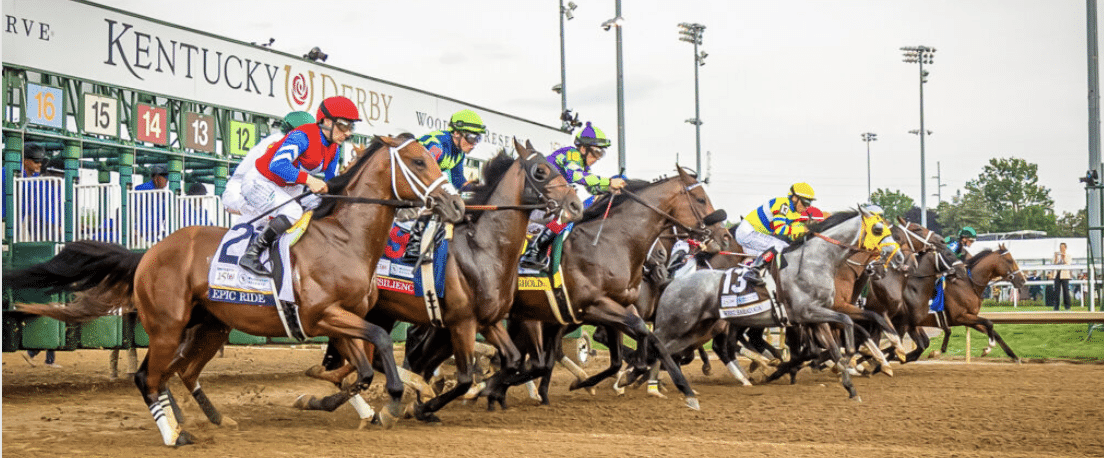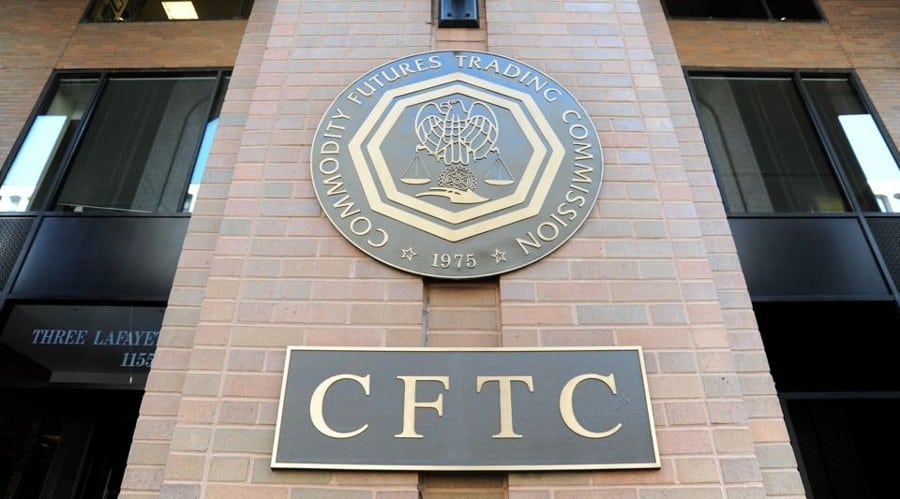
CSMAS conducts preliminary discussion on sports betting

Committee members discussed the possible deregulation of sports betting, which could allow student-athletes to bet on professional sports.
- The “proliferation” of legalized sports betting in recent years has prompted the membership to examine the best way to move forward on this issue
- Currently, if the NCAA sponsors a sport, student-athletes are not permitted to bet on professional, intercollegiate or other amateur competition in that sport
The Committee on Competitive Safeguards and Medical Aspects of Sports (CSMAS) held a preliminary discussion on the current state of sports betting in collegiate athletics after all three NCAA divisions began to discuss possible modifications to current policies.
Committee members, who met in Indianapolis earlier this month, discussed the possible deregulation of sports betting, which could allow student-athletes to bet on professional sports.
The membership requested initial feedback from CSMAS on the health, safety and well-being considerations involved with deregulation. Conversations are expected to continue through October and into the winter months as well.
Good to know: For student-athletes who are found to have violated NCAA rules, various penalties can be applied, which include partial to permanent losses of eligibility
CSMAS specifically asked questions revolving around topics such as if policy prohibitions work to prevent gambling disorders, whether current NCAA prohibitions restrict betting for student-athletes, the most effective strategies to prevent problem gambling and what educational programs could be most effective.
According to the announcement, the “proliferation” of legalized sports betting in recent years has prompted the membership to examine the best way to move forward on this issue.
CSMAS noted that, in general, prohibitions are “ineffective at stopping unwanted gambling behaviors, and there is little evidence to suggest that current prohibitions have effectively prevented student-athlete gambling.”
Initial feedback from CSMAS also emphasized harm-reduction strategies, including ways schools can prevent, identify and create referral and treatment pathways for student-athletes who exhibit problem gambling.
Tags/Keywords
Players trust our reporting due to our commitment to unbiased and professional evaluations of the iGaming sector. We track hundreds of platforms and industry updates daily to ensure our news feed and leaderboards reflect the most recent market shifts. With nearly two decades of experience within iGaming, our team provides a wealth of expert knowledge. This long-standing expertise enables us to deliver thorough, reliable news and guidance to our readers.






